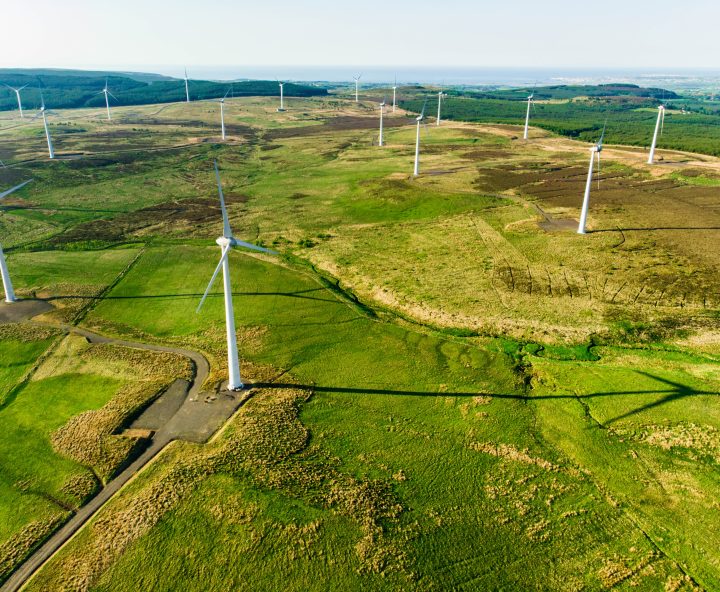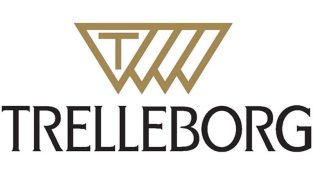Challenge
This KTP sought to reduce wind turbines’ radar signature, supporting the progress of sustainable energy generation. Watch the case study video here.
With an ever more urgent focus on sustainable energy provision, this Knowledge Transfer Partnership (KTP) between Loughborough University and Trelleborg Applied Technologies sought to address the challenge of wind turbine radar interference.
Outcome
Their solution will help overcome barriers to wind farm development, allowing farms to be built closer to airports, military bases and weather stations that rely on radar. In doing so, the solution aims to help support the progress of sustainable energy generation.
Philip Brindle, Technical Manager at Trelleborg’s Applied Technologies operation in Retford, commented:
“We chose the KTP mechanism as it provided an excellent bridge between industry and academia, facilitating the transfer of knowledge with excellent support from Loughborough University and the Knowledge Transfer Network at every step of the way.
The fact that the KTP programme allowed us to embed an Associate within our business to solely work on this project, maximised our innovation capabilities within this area. We were extremely pleased to see an innovation developed during the timeframe of the KTP. It’s been fantastic to be involved with the KTP programme and we will definitely be looking to do another in the future.”
Impact
This video tells you more about how, via KTP collaboration, the project team was able to apply specialist knowledge to develop effective nanocomposites and stealth materials in a partnership that looks set to continue well beyond the completion of the KTP.
What they say
“This project was a joy to be involved with from the outset: the company was fully and enthusiastically engaged and totally supportive of the Associate, Adam Nevin who was focused and driven, immensely capable technically, and really down to earth, proving himself to be a consummate and skilful communicator. Trelleborg’s Technical Manager, Philip Brindle, received great support from his team who were hands-on and highly visible throughout. The Lead Academic, Professor Gary Critchlow, and Academic Supervisor, Dr. Sina Saremi-Yarahmadi, from Loughborough University were fantastic, providing knowledgeable insight and an array of helpful industry contacts that proved instrumental for the success of the project and beyond”.
Further information
This project received funding from EPSRC and Innovate UK.







